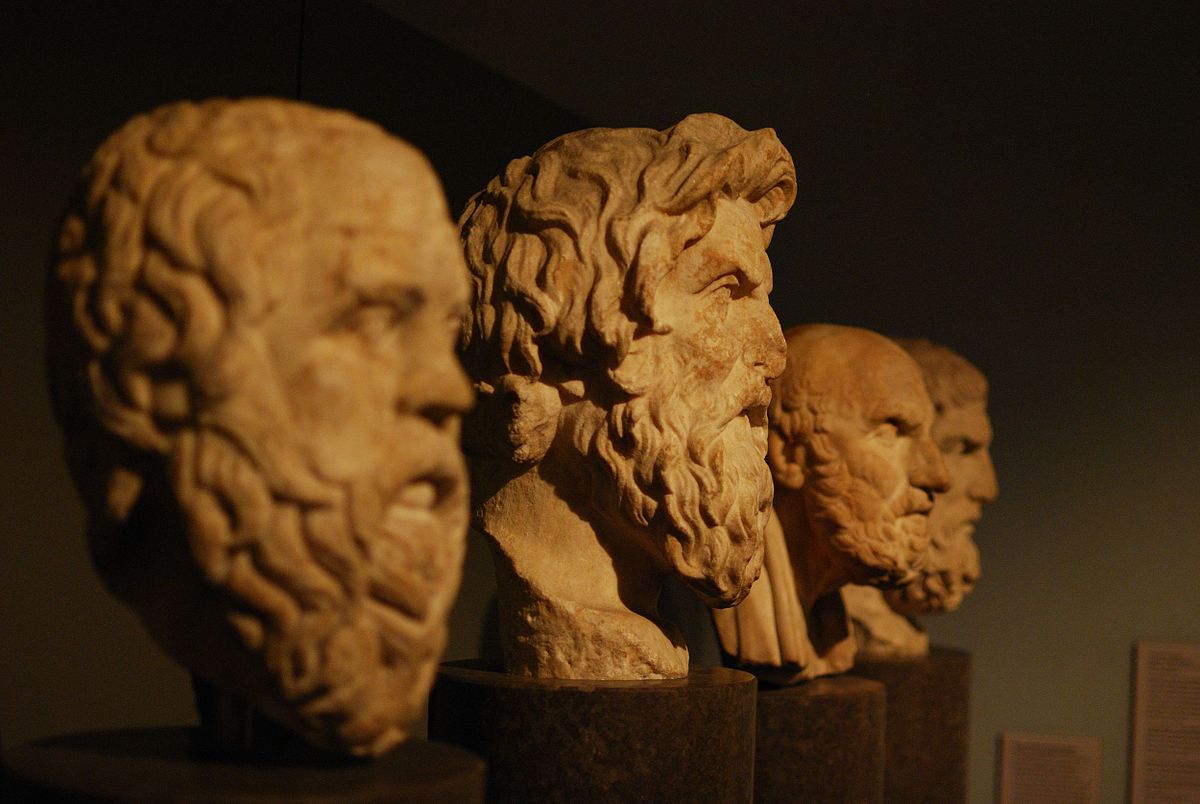This course will expose students to set theory, fundamental concepts of algebra, relations, functions and graphs, equations, matrices and systems of linear equations.
This course follows on from Conservation Theory I. Students will be introduced to a range of materials found in historic objects and works of art, encountered by conservators. Methods of manufacture and how they inform conservation practices is a core component in understanding applicable conservation practices. Students will also be exposed to issues related to methods of examination and documentation of objects based material as well as their processes of deterioration and the conservation processes and tools used to preserve them.
This course provides an introduction to the basic theoretical knowledge on which the field of conservation is based. Students will explore the history of the field; the decision-making processes and ethical considerations involved in conservation and basic preventative interventions and
treatments.
This course introduces beginners to three definitions of philosophy, and to examples of these definitions in practice. It covers issues in logic, aesthetics, metaphysics, epistemology, ethics and Caribbean philosophy. Designed for students of the arts, the emphasis is on the critical analysis of life issues from the perspective of the aspiring artist. 
This course examines the way in which the arts are represented in the development of Tourism and seeks to evaluate whether its impact could be enhanced in an effort to reinvent the Caribbean Tourism Product. To examine the contribution of arts and culture to tourism in the Caribbean and address issues of quality in terms of the way this is being presented.
This course exposes students to an overview of writers in the Caribbean, knowledge and appreciation of Caribbean authors, dramatists and poets. Students will compare and contrast different themes and the development of literary traditions across different islands.
This course introduces the concepts, ideas and practices of business and commerce to students of Art and guides them to successfully manage a small business.
Academic Discourse in the Arts engages students in formalised discussions of the varied domains of the arts using the specialised discursive conventions of academic discourse. These conventions for example differ from general conversational language by employing critical thinking and reading skills and the use of higher-level vocabulary and structure in speech and writing. This course, through oral and written discussions on traditional and contemporary issues in the arts, will equip students with linguistic and communication-genre specific knowledge to facilitate their effective participation in the academic and professional discourse communities of the arts.